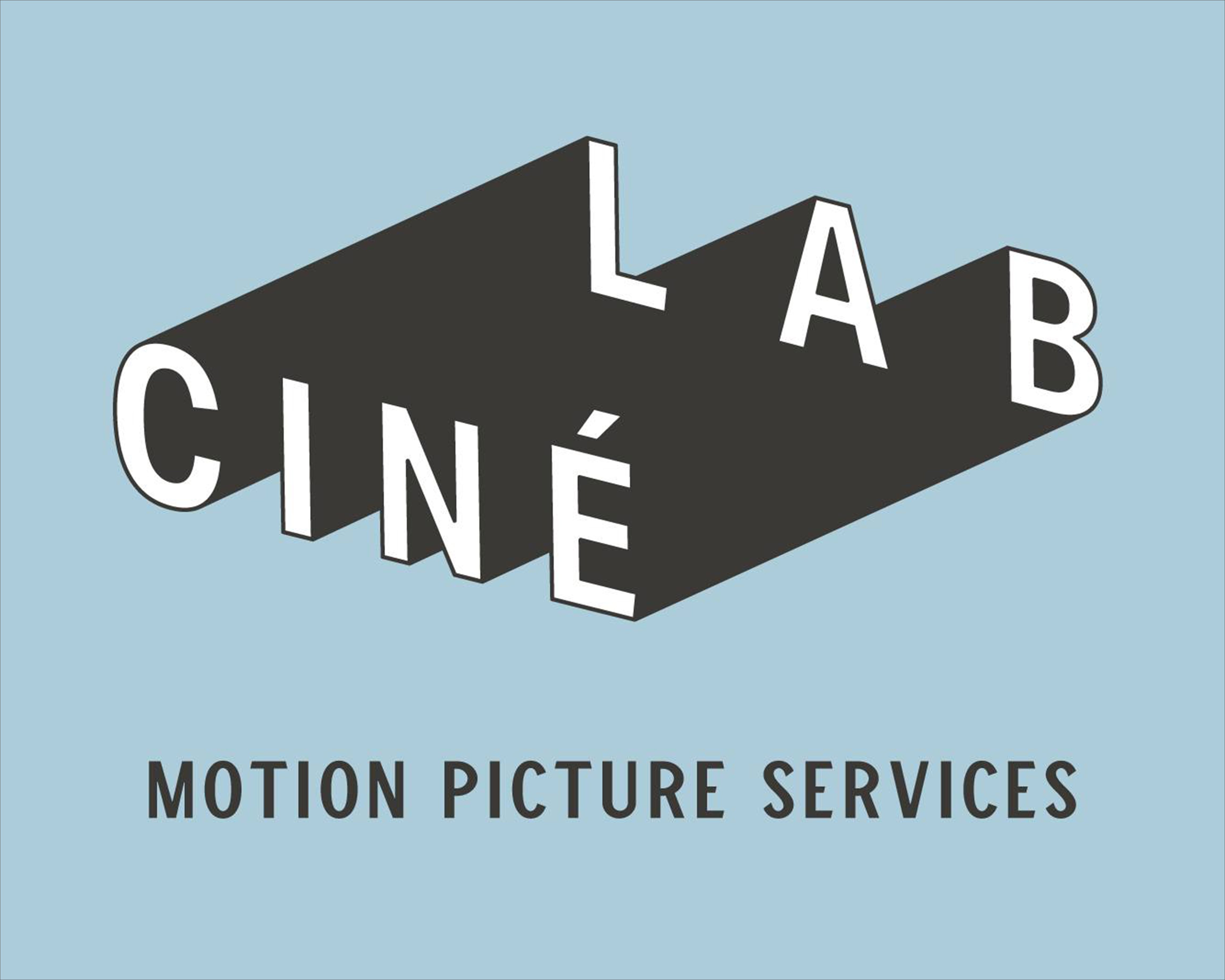M
MisterHandyCam
Guest
I love to direct (who doesn't) but I can direct a shot film without a story. So I'm always trying to write a short story. Nothing too big, maybe 5-10 page scripts.
Here's my problem.
I write a title, sleep on it, write a theme, sleep on it, write a logline, sleep on it, write a treatment, sleep on it, write an outline, sleep on it and then finally, I write the script.
It doesn't sound like a bad way to creat your story right? I got that format from www.IndieSlate.com magazine...So I seemed pretty well organized to me.
However, I can't get my story (which is good, but not great) out of my head and onto the paper.
Are there any techniques the professionals use from time to time that help them get the "flow" going? I write well and I consider myself to be creative, but I can't get that creativity onto the paper with enough supporting details to make it work.
I use screenwriting software, so my format is appropriate, but I still never finish, let alone produce a story of mine. The work I do in school is different. I do produce my stories that I tell, but most of them are without dialogue.
Its just frustrating that I can't get a 5page script off the ground or if I can, I can't materialize it to be good enough to produce. I know I can do this, but I think I'm missing a key step that will show me the way...
Any professionals care to chime away?
Here's my problem.
I write a title, sleep on it, write a theme, sleep on it, write a logline, sleep on it, write a treatment, sleep on it, write an outline, sleep on it and then finally, I write the script.
It doesn't sound like a bad way to creat your story right? I got that format from www.IndieSlate.com magazine...So I seemed pretty well organized to me.
However, I can't get my story (which is good, but not great) out of my head and onto the paper.
Are there any techniques the professionals use from time to time that help them get the "flow" going? I write well and I consider myself to be creative, but I can't get that creativity onto the paper with enough supporting details to make it work.
I use screenwriting software, so my format is appropriate, but I still never finish, let alone produce a story of mine. The work I do in school is different. I do produce my stories that I tell, but most of them are without dialogue.
Its just frustrating that I can't get a 5page script off the ground or if I can, I can't materialize it to be good enough to produce. I know I can do this, but I think I'm missing a key step that will show me the way...
Any professionals care to chime away?





